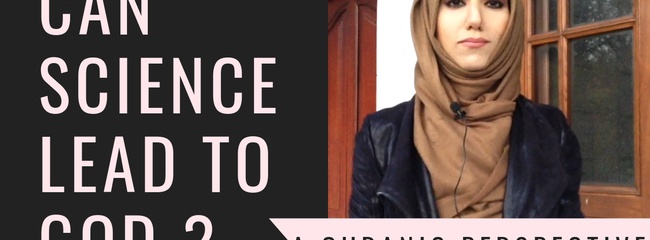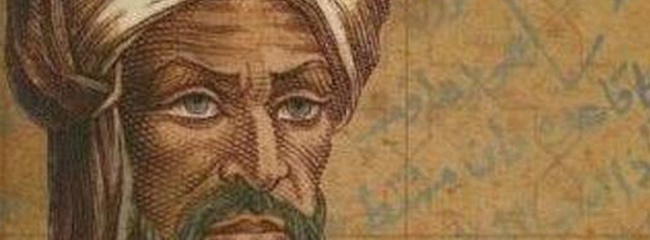How Islamic Medicine Changed the World
Don’t you just hate being ill?
Thankfully, advances in modern medicine have led to today’s illnesses being managed and treated like never before.
We don’t often hear of Muslims being inventors, scientists or changing the world. But what if we told you, the world of medicine and health as you know it would be completely different had it not been for the innovation and knowledge of the Islamic world?
This series will take a look at some of the things we take for granted today, that wouldn’t have been possible without some of the inventions and advances of the Islamic Golden Age! This video will focus on Islamic medicine.
Advancing the world of medicine
Armed with the Qu’ran, which made numerous mentions of healing and knowing that God said he has created a cure for every illness, Muslims excelled in discovering new realms in medical science. At a time where Baghdad alone had some 80 hospitals, some of the greatest legacies of the Muslim world to this day are in the medical field.
The Father of Medicine
Al-Razi was one of the world's first great medical experts. He is considered the father of psychology and psychotherapy, a pioneer in ophthalmology and was the author of the first ever book on pediatrics.
From Darkness to Light - understanding how we see
The ancient Greeks thought our eyes emitted rays, like a laser, which enabled us to see. The first person to realise that light enters the eye, rather than leaving it, was the 10th-century Muslim mathematician, astronomer and physicist Ibn al-Haitham. He invented the first pin-hole camera after noticing the way light came through a hole in window shutters.
The Greatest of all time
One of the most famous names from Islamic history was Ibn Sina, known as the greatest healer of his time. His encyclopedic book, Al Qanun Fi Al-Tibb (The Canon of Medicine) was translated into Latin towards the end of the twelfth century, and became a reference source for medical studies in the universities of Europe until the end of the seventeenth century.
Same Equipment for Surgery
Many modern surgical instruments are of exactly the same design as those devised in the 10th century by a Muslim surgeon called al-Zahrawi. His scalpels, bone saws, forceps, fine scissors for eye surgery and many of the 200 instruments he devised are recognisable to a modern surgeon
Blood circulation, anesthetics and cataracts
In the 13th century, another Muslim medic named Ibn Nafis described the circulation of the blood, 300 years before William Harvey discovered it.
Muslims doctors also invented anaesthetics of opium and alcohol mixes and developed hollow needles to suck cataracts from eyes in a technique still used today.
Vaccinations before Jenner and Pasteur
The concept of vaccinations were devised in the Muslim world and brought to Europe from Turkey by the wife of the English ambassador to Istanbul in 1724. Children in Turkey were vaccinated with cowpox to fight the deadly smallpox at least 50 years before the West discovered it.
What you now KNOW
Early Muslims, inspired by their faith, excelled in medical science.
Al Razi was one of the first medical experts in the world.
Ibn al Haytham discovered how we see.
Ibn Sina’s text book was used in universities around the world for over 500 years.
Al Zahrawi’s surgical instrument designs of the 10th century are the same as we use in surgery today.
Which of these medical innovations of the Islamic world were you most inspired by? Which is the most important by far? Let us know in the comments!
About
KNOW Team
We believe that everyone has something to learn, and everyone has something to teach. Our vision is to create a global education platform which empowers millions to fulfill their purpose and potential.





